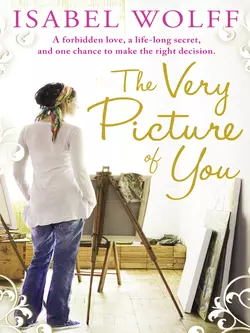The Very Picture of You

Isabel Wolff
Тип: электронная книга
Жанр: Современная зарубежная литература
Язык: на английском языке
Стоимость: 152.29 ₽
Статус: В продаже
Издательство: HarperCollins
Дата публикации: 16.04.2024
Отзывы: Пока нет Добавить отзыв
О книге: Because a picture paints a thousand words.Ella has always been an artist, jotting down pictures from a young age, and now in her thirties she has made it her profession. Commissioned to capture memories, fading beauty and family moments, her sitters often reveal more about themselves than merely their outward appearance.When Ella′s younger sister Chloe asks her to paint a portrait of her new fiancé Nate, Ella is reluctant. He is a brash American who Ella thinks has proposed far too fast, so the thought of spending many hours alone with him fills her with dread. But before long Ella realises there is more to Nate than meets the eye.Beautifully inter-weaving the stories of Ella′s sitters – from the old lady with a wartime secret, to the handsome politician who has a confession to make – with Ella′s own hunt for her real father and slow realization that she is falling in love with the wrong man, Isabel Wolff delivers a mesmerizing story that delivers a powerful emotional punch.A truly unforgettable portrait of the many aspects of love.